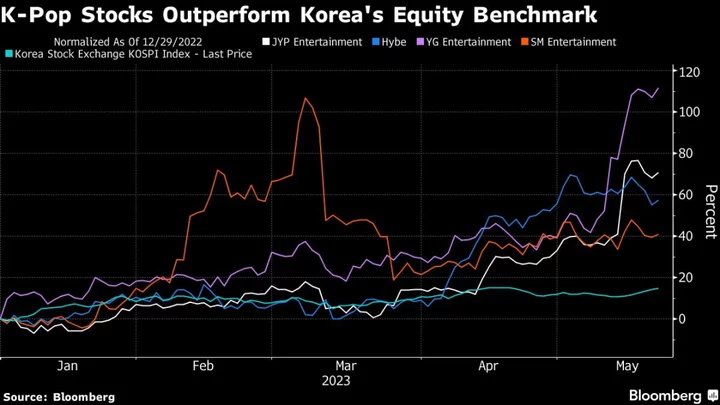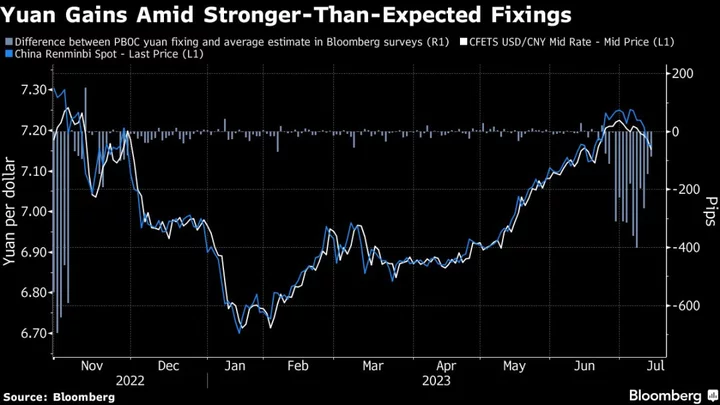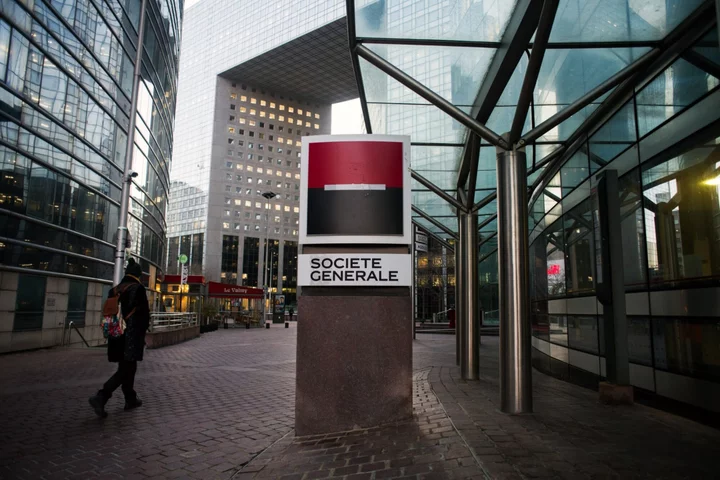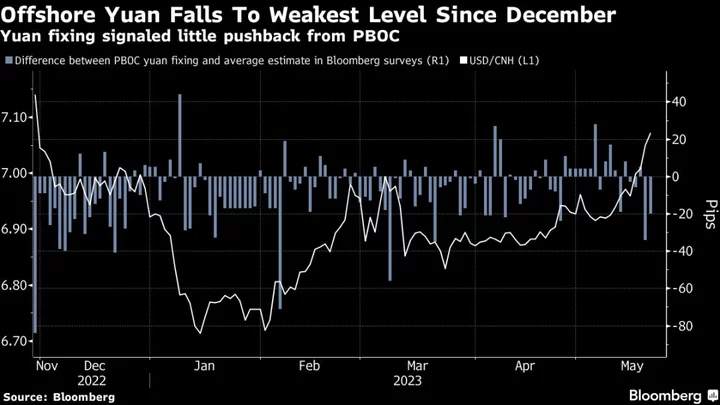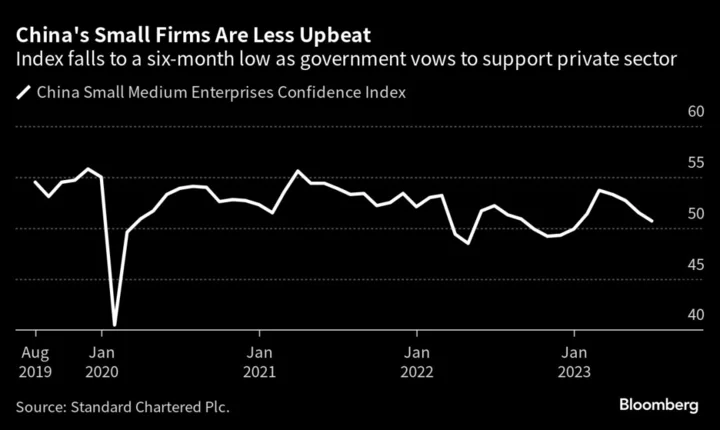Traders at five major banks colluded in chatrooms to swap sensitive information on UK bonds, Britain’s antitrust agency said in provisional findings that could pave the way for hefty fines for some of the lenders.
Citigroup Inc., Deutsche Bank AG, HSBC Holdings Plc, Morgan Stanley and Royal Bank of Canada each unlawfully shared competitively sensitive information in chatrooms between 2009 and 2013, the Competition and Markets Authority said on Wednesday.
Deutsche Bank won’t be fined and any penalty that Citi receives will be discounted after the duo admitted their involvement, the CMA said.
HSBC, Morgan Stanley and Royal Bank of Canada haven’t admitted any wrongdoing. At this stage, no assumption should be made that any of the banks have broken the law. Penalties may be issued once a final conclusion is reached the regulator added.
The case relates to a small number of traders who worked at the bank and was connected to the buying and selling of UK government bonds — gilt and gilt asset swaps, the CMA said. It involved details of pricing and trading strategies. The conversations were one-to-one, the CMA said.
“This could have denied taxpayers, pension savers and financial institutions the benefits of full competition for these products, including the minimization of borrowing costs,” said Michael Grenfell, executive director of enforcement at the CMA.
The UK watchdog has been investigating the allegations since it first opened the probe in November 2018, but has publicly revealed little details about what area of financial services or banks were involved.
“Morgan Stanley has cooperated fully with the CMA during this investigation and will continue to constructively engage in the process,” the bank said in a statement. “However, we disagree with the CMA’s provisional allegations and intend to contest them.”
The four other banks didn’t immediately respond to a request for comment.
Antitrust watchdogs across Europe have taken a closer look at bond market collusion in a series of probes targeting some of the biggest banks in the region. The European Commission issued a formal complaint to Deutsche Bank last year for its alleged role in a cartel linked to euro-denominated bonds.
That was the third EU investigation involving cartels affecting the market for bonds trading and comes after the EU spent more than a decade probing how bank traders swapped information in chatrooms.
--With assistance from Tom Metcalf.
(Updates with more detail throughout)




